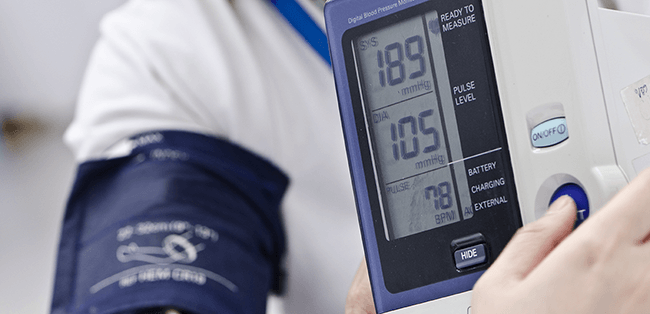RMT and breathing exercises were tested to lower blood pressure in healthy individuals. Let’s take a look at the study below.
Key Findings
- Respiratory muscle training (RMT) was found to reduce blood pressure in people with obstructive sleep apnea.
- This study aims to investigate the effect of 5 different breathing methods on blood pressure in healthy adults.
- 6 weeks of inspiratory or expiratory muscle training increased inspiratory and expiratory muscle strength, respectively.
- 6 weeks of inspiratory or expiratory muscle or of Mueller maneuver decreased systolic, diastolic and mean blood pressure, whereas deep breathing and low-intensity RMT did not.
Patient Impact
RMT effectively lowers blood pressure in healthy adults.
Study Methods
Lung function, inspiratory and expiratory muscle strength (PImax and PEmax, respectively) and blood pressure were tested weekly during six weeks of training. The five training programs utilized were:
- IMT
- EMT
- Mueller maneuver
- deep breathing
- control group (low intensity IMT)
Study Results
IMT and EMT significantly increased PImax and PEmax, respectively. IMT, EMT and Mueller maneuver significantly lowered systolic, diastolic and mean blood pressure compared to the deep breathing and control group.
In conclusion, repeated daily generation of large intrathoracic pressures generated by IMT or EMT can reduce blood pressure in healthy adults. IMT, EMT, and Mueller maneuver have been found to be more effective than simple deep breathing alone, and are therefore effective at reducing blood pressure in adults.
References
Vranish JR. Obstructive Sleep Apnea: daytime assessment and treatment of a nighttime disorder. Dissertation. Graduate College of Arizona, 2015.

0 Comments